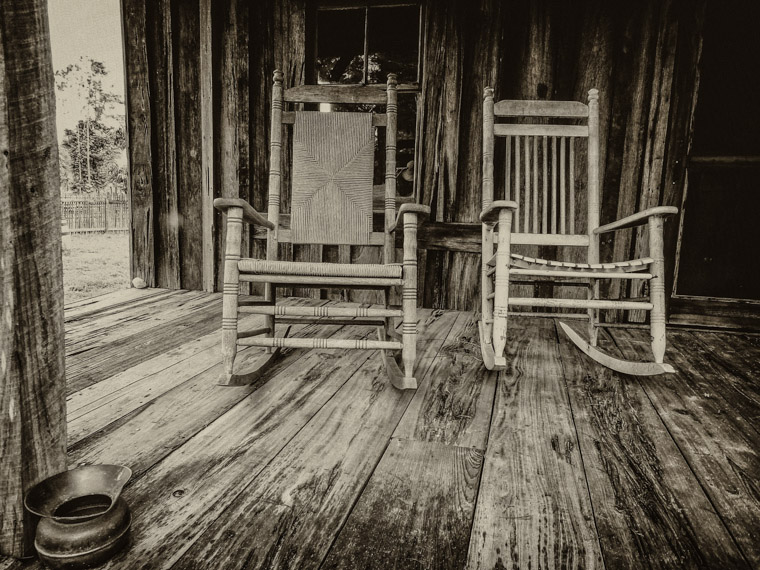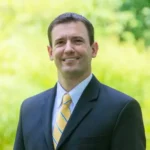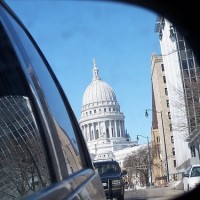Jackson, MI. Last week we hosted FPR’s first webinar, and today we’re releasing the recording of that conversation. This recording also serves as the inaugural episode of the Brass Spittoon, a new podcast from the Front Porch Republic. We’ll chew on issues timeless and timely, with a focus on place, limits, and liberty.
Going forward, long-time porcher John Murdock will be our host, and he’s already lining up some thoughtful guests. Please subscribe on your podcast platform of choice, and let us know if you have any suggestions on who we should talk with.
This conversation considers the prospects for localism at this transitional moment in American politics. It seems worth looking back a bit on FPR’s defense of localism and considering what opportunities there might be for a renewed commitment to place. For years now we have sought to articulate an alternative to the nationalist, globalist, uniformist vision that has so captivated the ruling classes. The Trump presidency is ending in chaos, and the Biden agenda is yet to be implemented. What are the prospects for localism? Does the post-Trump era open up possibilities for a renewal of local affections and attentions? What challenges are likely to arise in the coming months and years? What strategies should localists pursue?
Jeff Polet led this conversation between Patrick Deneen, Bill Kauffman, and Katherine Dalton.
Music courtesy of Wendell Kimbrough (“The Ballad of Freida the Goose”).








4 comments
Leroy See
It was refreshing to listen to a thoughtful and civil discussion about localism and the state of the nation and world.
The changes in my town as a result of people and businesses moving out of a major city are exemplars of the loss of localism due to growth in both the housing and employment opportunities. My impression is that “city folks” tend not to become involved in the community because they never had that opportunity to do so. If anything, it is the involvement of their children in sports and their own involvement in a church helps them make the transition.
Unless a major issue comes up, local government is left to “the locals” for better or worse. Conversely, “the locals” don’t always welcome bearers of new ideas.
The key to the successful blending of people from many different backgrounds
is for a town to be as civic minded as it can. Altruism is still alive and well with some prompting and focus such as food pantries, park and recreational facilities,
school construction, local festivals featuring a variety of music, and many more projects that bring people from different backgrounds together.
The national level is another matter. Local government officials had to respond to the will of the voters or there is hell to pay and no place to hide from accountability. Beyond local officials, once elected, officials are not typically involved in things local. A kind of estrangement comes into play along with the desire to go along to get along at state and national levels. Only term limits can stop officials from becoming permanent “professional” politicians.
I hope the podcasts continue. FPR is a bit of fresh air in today’s toxic environment…
Michael Caggiano
Very excited for this! It doesn’t seem to be available on Apple Podcasts as of yet – any forecast on when it might appear?
Jeffrey Bilbro
We’ve submitted it there, but it may take a couple of days before it shows up.
Brian D Miller
A podcast is an excellent addition to the FPR stable. I can’t wait to give it a listen.
Comments are closed.